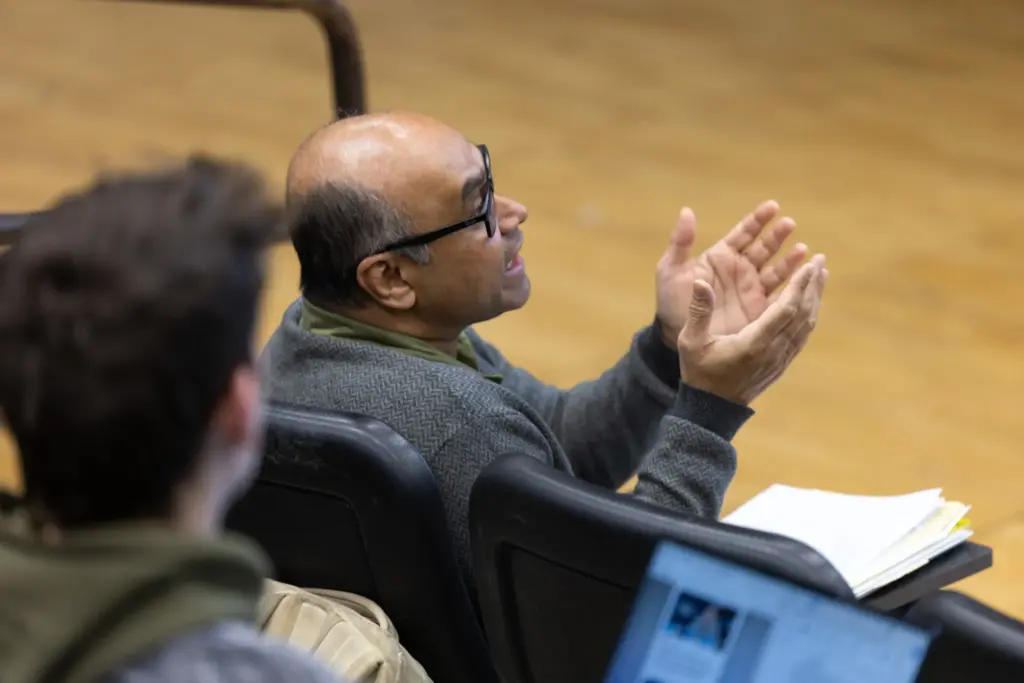Last week, we had the opportunity to visit Dr. Monir Moniruzzaman’s Medical Anthropology class during student presentations. Claire Siegert, a sophomore anthropology student, and her group presented on a case study discussing global health issues and programs. Discover her story and learn how this class broadened her perspectives.

What interested you about obtaining a degree in anthropology?
When I started at MSU I hadn’t thought I would be obtaining a degree in anthropology. It had been a lifelong interest, but I didn’t know much about it as a career path or the sort of research it involved. I started at MSU as an environmental biology/zoology major. I didn’t really know what I wanted, but I knew science. Both my parents are entomologists and many family friends growing up were other scientists, so I figured that was the direction I would go in as well. That changed my first semester at MSU. I took an entry level ISS class that was about animals in society. It had been recommended to me by my advisor as a class many people in my major enjoyed. The class opened my eyes to the scope of anthropological research and realized that this is what I wanted to do. I changed my major to anthropology that winter break, choosing to minor in the environment and health in hopes of continuing my interest in both science and the humanities.
What about Dr. Monir’s class do you most enjoy?
I really enjoy the subject of the class itself and think Dr. Monir structures it in a way that allows for the coverage of so many different ideas and case studies to be included and easily comprehensible. Most of all, I think I enjoy the articles and case studies we read for the class because they allow for a different perspective and deeper understanding of not only medicine itself, but also culture and how the two interact. Medicine shapes culture and culture shapes medicine. Dr. Monir does a good job at explaining how culture and medicine interact and the potential consequences of the separation of culture and medicine and how this has shaped our modern world.



What insights/key ideas did you gain and hope your peers took away from your presentation?

I think this presentation helped me understand that there is no easy or right answer to issues involving medicine across cultures. From a Western perspective, the answer to some of these things seem obvious, but that’s not the case because the Western perspective is not the only perspective, but rather one of many. I hope that the presentation made my peers look at these problems from a different perspective. What is seen as abuse and mutilation in the West is a female coming of age ceremony for various ethnic groups in Africa and Asia and there is no easy solution to this issue. If we say that these ethnic groups are no longer allowed to practice this coming of age ceremony we are not only enforcing our own views upon other cultures, but we also risk putting the people who undergo this ritual in more danger by forcing them to turn to illegal methods, surgeries done in poor and unsanitary conditions, increasing the possibilities of infections post operation among other things. I hope that this made my peers understand that there are multiple perspectives in every situation and that right and wrong depend on who is asked.